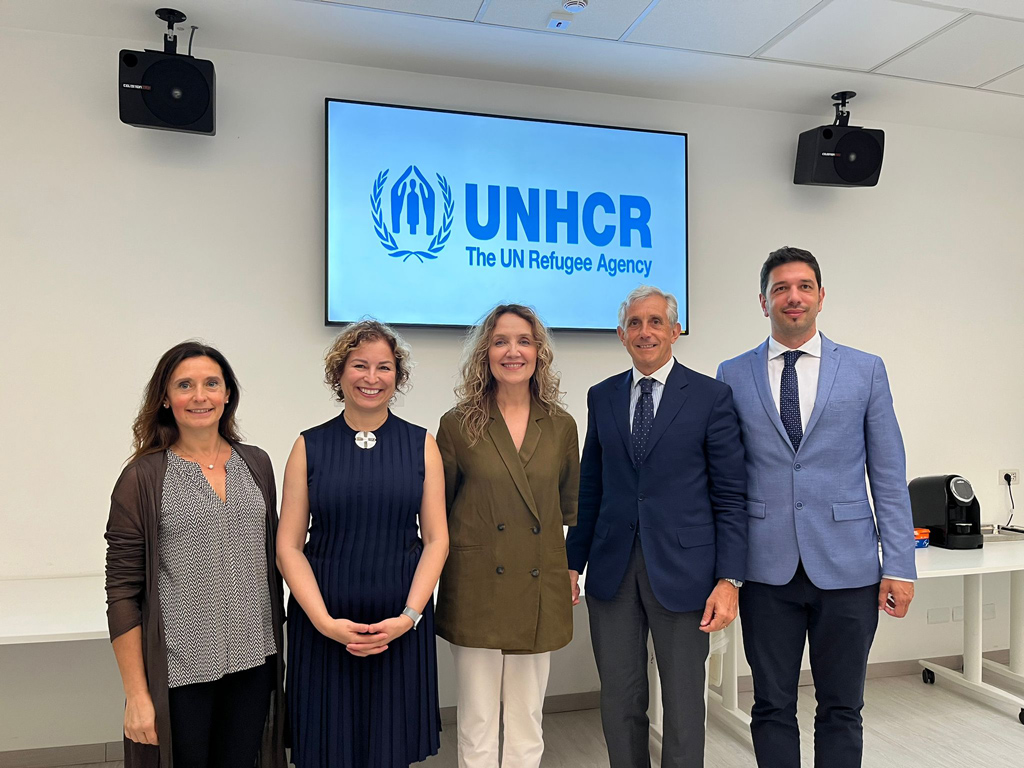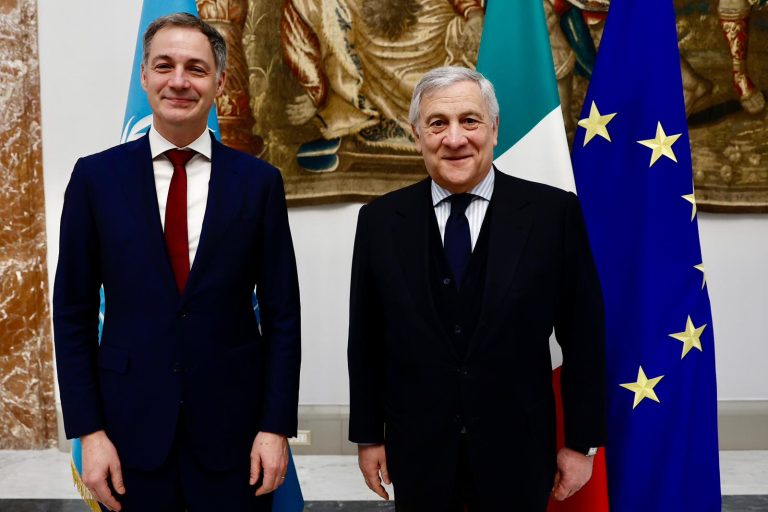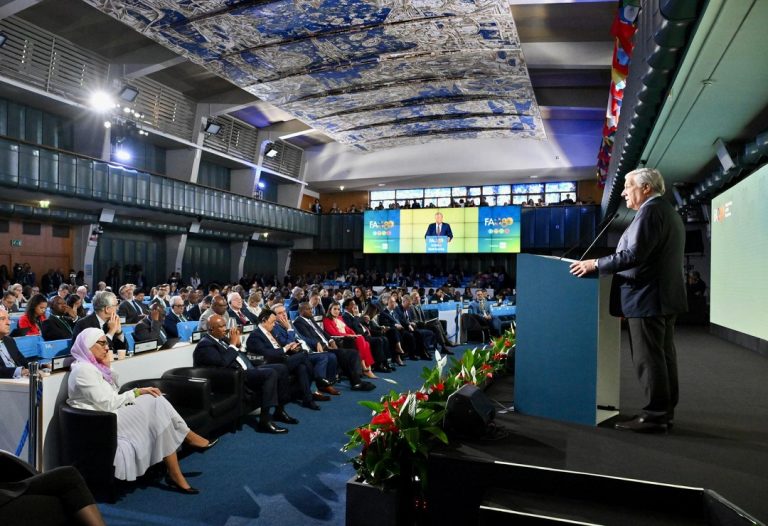A new Memorandum of Understanding was signed today by the Italian Ministry of Foreign Affairs and International Cooperation, the Ministry of the Interior, the Ministry of Labour, the UN Refugee Agency (UNHCR), Diaconia Valdese, Pathways International, and Talent Beyond Boundaries. The agreement, made possible through new provisions under Law 50/2023, will enable selected refugees abroad to arrive in Italy via labour corridors for refugees.
These labour corridors are innovative, safe, and regulated mechanisms for the entry of refugees and stateless persons into Italy, combining rights protection with responses to labour market needs. The initiative involves the selection and training of refugees in third countries who are already qualified in specific professional fields, with a view to their integration into the Italian labour market. This promotes a virtuous and replicable model of regular migration, aimed at supporting the socio-economic inclusion of refugees while contributing to the development of their countries of origin or first asylum.
Italy is among the first countries in the world to offer refugees the possibility of entering with a work visa. To date, four projects have been launched, benefiting 70 refugees residing in Colombia, Egypt, Uganda, and Jordan, who will be employed in Italy in the airport, shipbuilding, IT, and jewellery sectors. Further initiatives are being finalised in Cameroon, in the transport sector, as well as in Peru and Colombia, again in the airport sector. These projects, widely considered a best practice, are designed to be expanded to other economic sectors and geographical areas in the coming years, with the aim of significantly increasing opportunities for both displaced persons and Italian businesses.
Italy thus reaffirms its commitment to developing a regular entry channel for refugees into the labour market, through both dedicated quotas within the annual migration planning, and the so-called “extra quota” route. This latter pathway enables Italian companies to recruit refugees following an overseas training programme, thereby helping to build a model of integration and solidarity that values refugees’ skills and meets the personnel needs of Italian enterprises.
The Italian Ministry of Foreign Affairs, through its diplomatic and consular missions in the countries concerned, ensures an expedited processing of visa applications for beneficiaries of the labour corridors and facilitates family reunification. Italian Embassies also coordinate with local authorities, international bodies, and protocol partners, fostering collaboration between public institutions, private sector actors, and civil society.
According to a recent UNHCR report, since 2016, over 10,000 refugees have been transferred to Italy through legal and regulated pathways, thanks to strong engagement by both private sector stakeholders and civil society. Furthermore, more than 30,000 professional opportunities for refugees have already been identified, with the active participation of over 700 Italian companies.





